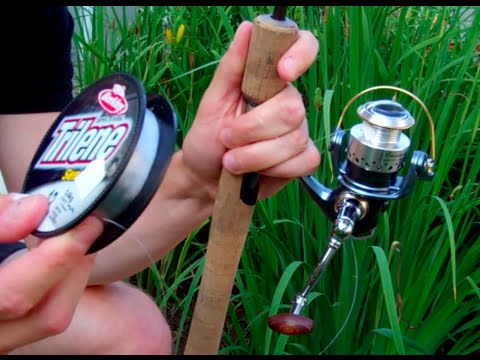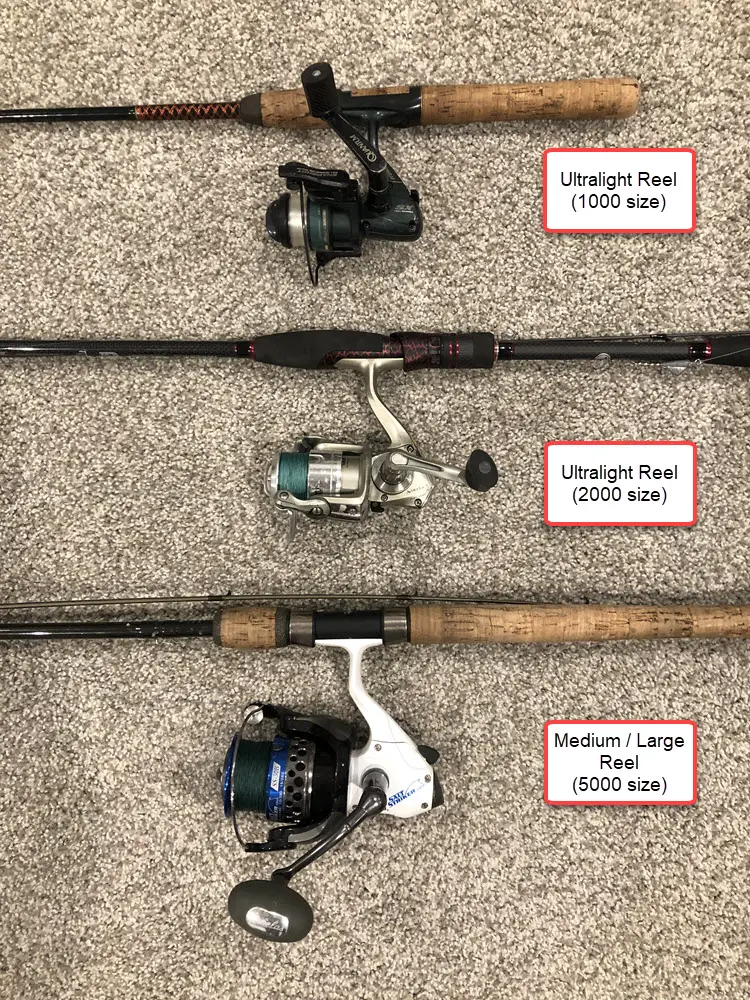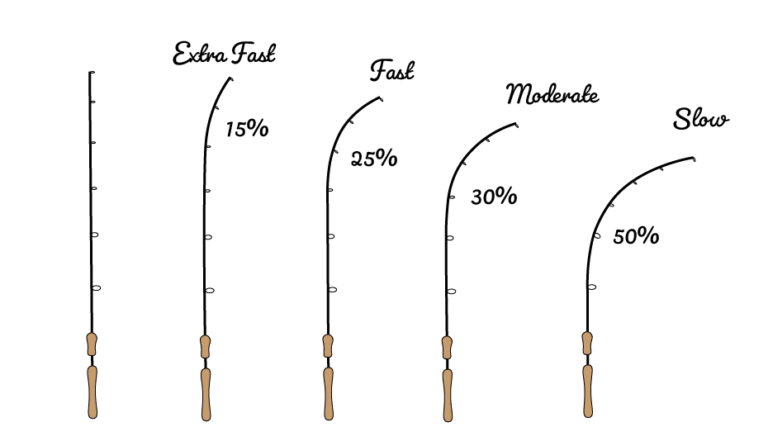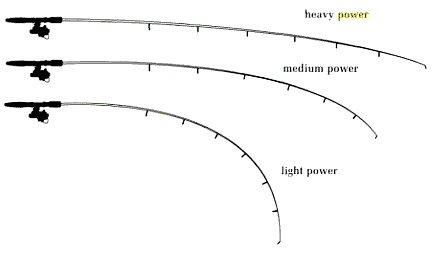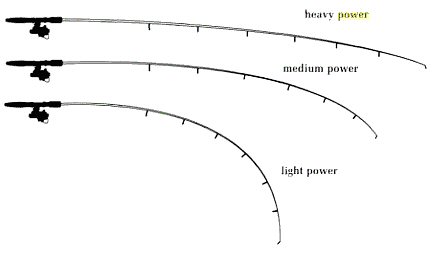How to Ship Fishing Rods

To ship fishing rods, use a sturdy, elongated tube or a specialty rod case and select a reliable carrier. Ensure the rods are secured inside to prevent damage during transit.
Shipping fishing rods requires attention to protection and choosing the right carrier to ensure they arrive in pristine condition. Anglers and retailers alike must take care to package rods securely in strong, protective tubes, often reinforced with bubble wrap or foam padding.
Because fishing rods are uniquely long and slender, selecting an experienced courier that can handle oversized packages is crucial. Avoid common shipping pitfalls by meticulously cushioning each section of the rod, using durable materials to safeguard against bends and breaks. A successfully shipped fishing rod translates to uninterrupted fishing adventures and delighted customers, emphasizing the importance of methodical packing and carrier selection.
Packing Basics For Shipping Fishing Rods
Selecting the right materials is crucial for safe shipping. Use sturdy tubes or triangular boxes specifically designed for fishing rods. Bubble wrap and foam inserts will protect against impacts. For securing rods, use soft padding around reel seats and guides. Wrap each section with adequate cushioning.
Securing rods for transit must be done carefully. Align rod sections and secure with rubber bands or twist ties. Prevent movement inside the tube or box using bubble wrap. Ensure the ends are padded to avoid pressure during handling.
Accurate labeling is vital. Label your package with ‘Fragile’ and ‘Handle with Care’ stickers. Include clear destination and return addresses. Affix labels on the package’s longest side. This simplifies handling and helps reduce the risk of damage.

Credit: fiberglass-fly-rods.pbworks.com
Choosing The Best Courier For Rod Delivery
Choosing a reliable courier ensures safe and timely delivery of fishing rods. Compare the delivery time, customer reviews, and service areas of various couriers. FedEx, UPS, and USPS are popular choices, each offering unique shipping options suited for rods.
Insurance is vital to protect against loss or damage. Confirm the availability of insurance options and understand the coverage details. Ensure the insurance value matches the rod’s worth.
| Courier | Insurance Offered | Tracking Service |
|---|---|---|
| FedEx | Yes | Advanced |
| UPS | Optional | Real-time |
| USPS | Limited | Basic |
Choose a courier with tracking and delivery confirmation.
Good tracking lets you monitor your rod’s journey. Delivery confirmation provides peace of mind.
Understanding Shipping Costs And Methods
Shipping fishing rods requires understanding the associated costs. The shipping fees depend on size, weight, and distance. Multiple carriers provide cost calculators on their websites. Users should input the rod’s dimensions and destination to receive accurate estimates. The weight of the package also influences the final cost.
Choosing the right shipping method is crucial. Standard shipping is more affordable but takes longer. Expedited shipping is faster but costs more. Anglers need to decide based on urgency and budget.
For international shipping, customs fees and import taxes should be considered. Some countries have specific regulations on shipping sporting equipment. It is essential to check these before sending rods abroad to avoid surprises.
Customs And Regulations For International Shipping
Navigating customs declarations is a key step in international shipping. Each country has its own forms and requirements. Providing accurate information about your fishing rods ensures a smooth process. It’s crucial to declare the rod’s material, length, and value.
Understanding prohibited items and restrictions can be complex. Some nations restrict certain materials or types of fishing equipment. Checking the destination country’s customs regulations beforehand is important. This action prevents unexpected shipping issues.
Paying duties and taxes depends on your shipment’s value and the destination country’s laws. Commercial invoices and payment proofs may be required. These documents should match the declared value to avoid penalties or delays.
Tips For Safe And Secure Delivery
To ensure the fishing rods arrive undamaged, use ample padding. Bubble wrap is an excellent choice. Cylindrical tubes or cardboard boxes should be matched to the length of the rod. For multiple rods, consider dividers to prevent them from clashing. Secure the ends with caps or additional padding to prevent movement within the container.
Protect your shipment from water damage through weatherproofing methods. Seal the box with strong waterproof tape along all edges and seams. A plastic sheath or bag adds another layer of defense against moisture. Placing silica gel packs inside can help absorb any condensation that might occur during transport.
After shipping, contact the recipient to confirm the delivery details. Provide them with a tracking number and expected arrival date. Ask them to inspect the package upon arrival. Encourage quick reporting of any issues with the shipment. This step builds trust and ensures customer satisfaction.
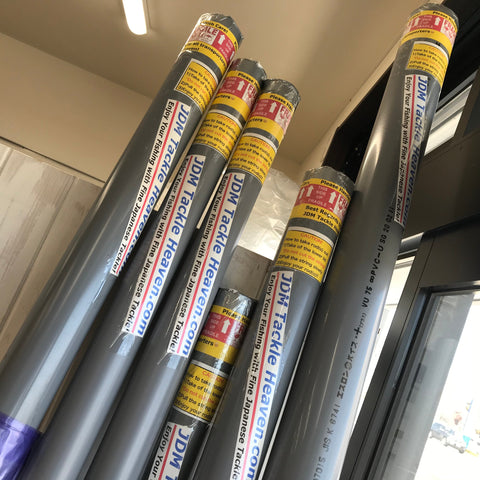
Credit: jdmtackleheaven.com

Credit: www.halfpastfirstcast.com
Frequently Asked Questions On How To Ship Fishing Rods
What Is The Best Way To Ship A Fishing Rod?
The best way to ship a fishing rod is to use a strong, rigid tube. Ensure the rod has padding at both ends and secure it with bubble wrap. Choose a reputable carrier and opt for insurance to safeguard against damage during transit.
Does Ups Ship Fishing Poles?
Yes, UPS offers shipping services for fishing poles. Ensure proper packaging to prevent damage during transit.
How Do You Send A Fishing Rod By Post?
Select a sturdy cardboard tube or box. Wrap the fishing rod in bubble wrap. Seal the package with strong tape. Label with the address and fragile warnings. Ship through a reliable postal service.
What Is The Best Way To Transport Fishing Rods?
The best way to transport fishing rods is by using a padded rod case or tube. Secure the rods within your vehicle to prevent movement. Strap them to your vehicle’s roof rack if they’re too long to fit inside. Always remove any lures or hooks before transport.
Conclusion
Shipping your fishing rods doesn’t need to be a hassle. With the right materials and methods, you can ensure they arrive safely. Remember, proper tube selection and padding are crucial. By following the tips in this post, your rods will be ready for their next big catch, wherever that may be.
Safe travels and tight lines!
